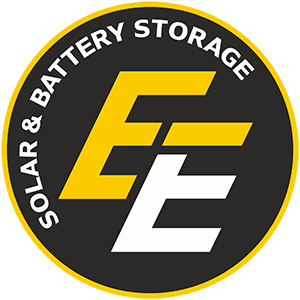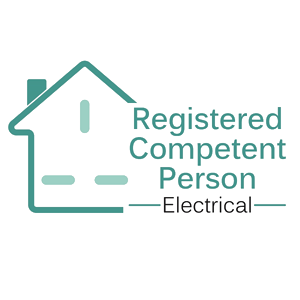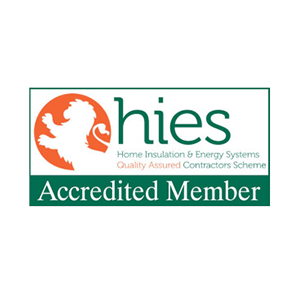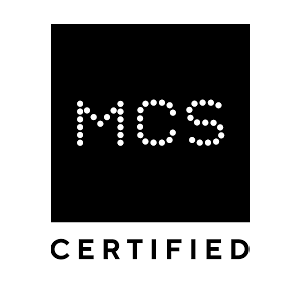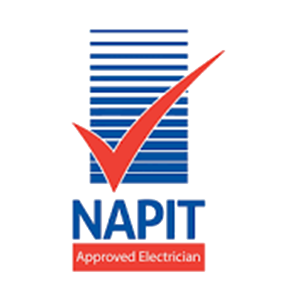Frequently Ask Solar Questions
Have a look at some of the most frequently asked questions to do with Solar PC, Solar Panels, Commercial Solar & Battery Systems.
Want to know how much you could save by installing solar panels at your home or business? Submit your information and we will help show you the amazing cost-saving benefits of a solar pv system!
Solar Panel Installers in Lancashire
Solar power can help save money on your energy bills, increase the value of your property, reduce your carbon footprint, improve your corporate image, increase your energy security and provide you with a reliable source of electricity for generations to come.
Electrical Energy can help you determine whether solar power is the right choice for your home or business and provide you with expert installation services.
- Free Energy Consultation
- 10 Year Workmanship Warranty
- MCS and NAPIT Approved
- HIES Deposit Protection
- 10+ Years Experience
Suppose you have any questions or are interested in a quote for a new solar system or an upgrade to an existing set-up. In that case, Electrical Energy carries out no-obligation solar energy consultations at homes and businesses throughout the Northwest.
We conduct thorough research to create realistic projections and bespoke solar packages designed for your usage specifications, property, location, sun patterns, etc. Contact us by phone: 01772 439 036 or email info@electricalenergy.co.uk, and we will get back to you.
Solar panels, also known as photovoltaic (PV) panels, are devices that convert sunlight into electricity. They are made up of solar cells, which are typically made of silicon and generate an electric current when exposed to sunlight.
Solar panels work by harnessing the energy from sunlight and converting it into usable electricity. When sunlight hits the solar cells in the panels, the photons in the sunlight excite the electrons in the cells, creating a flow of electrons or an electric current. This current can then be used to power electrical devices or stored in batteries for later use.
Solar panels are suitable for most locations, as long as they receive an adequate amount of sunlight. The amount of sunlight a location receives is typically measured as “peak sun hours,” which refers to the number of hours per day when the sunlight is strong enough for efficient solar energy production.
Solar panels are designed to be durable and long-lasting. Most manufacturers offer warranties ranging from 20 to 25 years, guaranteeing that the panels will still produce a certain percentage of their original power capacity over that period. However, solar panels can continue to generate electricity beyond their warranty period, typically with a slightly reduced efficiency.
Solar panels require minimal maintenance. Regular cleaning to remove dust, dirt, or debris is beneficial, as it can optimise their performance. Additionally, it is important to keep an eye on the system’s overall performance, such as monitoring the inverter, which converts the DC electricity produced by the panels into AC electricity used in homes.
Standard solar panel systems are connected to the electric grid and do not operate during a power outage. This is to prevent electricity from flowing back into the grid and potentially endangering utility workers repairing the power lines. However, there are battery storage solutions available that can store excess solar energy for use during power outages.
Solar battery storage refers to the use of batteries to store the excess electricity generated by solar panels. Instead of sending all the generated electricity back to the grid, it can be stored in batteries for later use when the sun is not shining, such as during the evening or during a power outage.
Solar battery storage works by storing excess electricity generated by solar panels in batteries for later use. When the solar panels produce more electricity than your home needs, the excess power is directed to charge the batteries. During times when solar production is low or when your energy demand exceeds what the solar panels can provide, the stored energy in the batteries is used to power your home.
The lifespan of solar batteries varies depending on the type of battery and its usage. Lithium-ion batteries used for solar storage can last between 10 to 15 years or even longer, depending on factors such as the manufacturer, battery chemistry, and maintenance.
Yes, it is possible to add battery storage to an existing solar panel system. However, it depends on the compatibility of the inverter with the battery system. Some older or non-compatible inverters may require an upgrade or replacement to integrate with battery storage. It is recommended to consult with a professional solar installer to assess the compatibility and feasibility of adding battery storage to your existing system.
